Google DeepMind's AlphaFold 2 Revolutionizes Protein Structure Prediction, Nobel Laureates Reflect on Impact
In 2024, John Jumper and Demis Hassabis, co-leaders of the AlphaFold 2 project, shared the Nobel Prize in chemistry for their groundbreaking work in predicting protein structures. The achievement marked a significant milestone in the field of biology, and its impact is still being felt today.
Five years ago, AlphaFold 2's debut stunned the scientific community by accurately predicting protein structures to within the width of an atom, matching the precision of lab techniques that took months to produce results. The AI system achieved this feat in a matter of hours, revolutionizing the field of protein structure prediction. This accomplishment was a culmination of three years of work, following Jumper's application to Google DeepMind in 2017, fresh off his PhD in theoretical chemistry.
The financial implications of AlphaFold 2's success are substantial. According to a report by ResearchAndMarkets.com, the global protein structure prediction market is expected to grow from $1.3 billion in 2020 to $4.3 billion by 2027, at a Compound Annual Growth Rate (CAGR) of 21.4%. This growth is driven by the increasing demand for protein structure prediction in various industries, including pharmaceuticals, biotechnology, and academia.
The market impact of AlphaFold 2 extends beyond the financial realm. The AI system has enabled scientists to accelerate their research, leading to breakthroughs in fields such as disease diagnosis, drug development, and synthetic biology. For instance, AlphaFold 2 has been used to predict the structures of proteins associated with various diseases, including Alzheimer's and Parkinson's. This information can be used to develop targeted therapies and improve disease diagnosis.
Google DeepMind's AlphaFold 2 is not an isolated achievement; it is part of a broader trend in the AI industry. The company has been at the forefront of AI research, with a focus on applications in healthcare, education, and sustainability. Under the leadership of Demis Hassabis, Google DeepMind has established itself as a leader in the field of AI, with a strong track record of innovation and collaboration.
As the field of protein structure prediction continues to evolve, the future outlook for AlphaFold 2 and its applications is promising. The AI system has already been used in various industries, and its impact is expected to grow in the coming years. Jumper and Hassabis' Nobel Prize win is a testament to the significance of their work, and it is likely that their achievement will inspire further innovation in the field of AI.
In an interview, Jumper reflected on the impact of AlphaFold 2, stating, "Our goal was to make a significant contribution to the field of biology, and we believe we have achieved that. The AI system has enabled scientists to accelerate their research, leading to breakthroughs in various fields." Hassabis added, "The potential of AlphaFold 2 is vast, and we are excited to see its impact in the coming years."
As the scientific community continues to explore the possibilities of AlphaFold 2, one thing is clear: the AI system has revolutionized the field of protein structure prediction, and its impact will be felt for years to come.
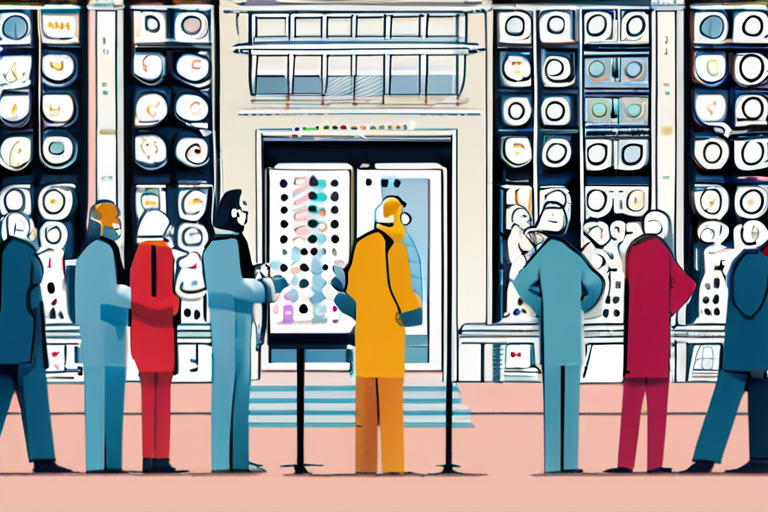


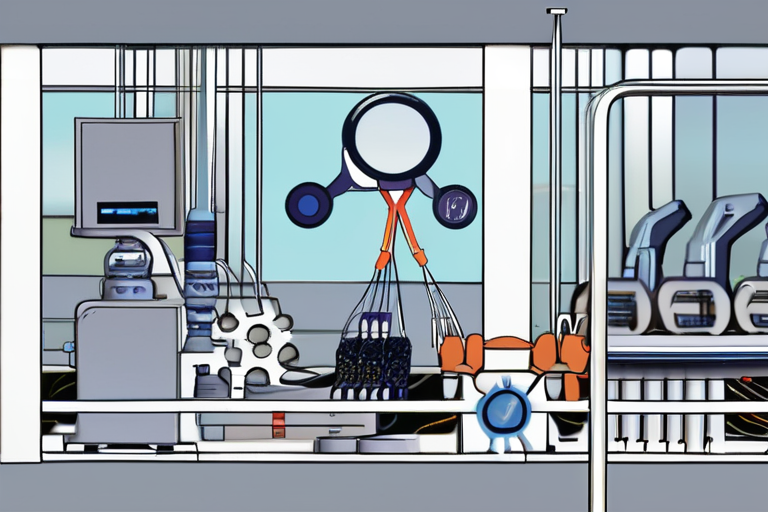

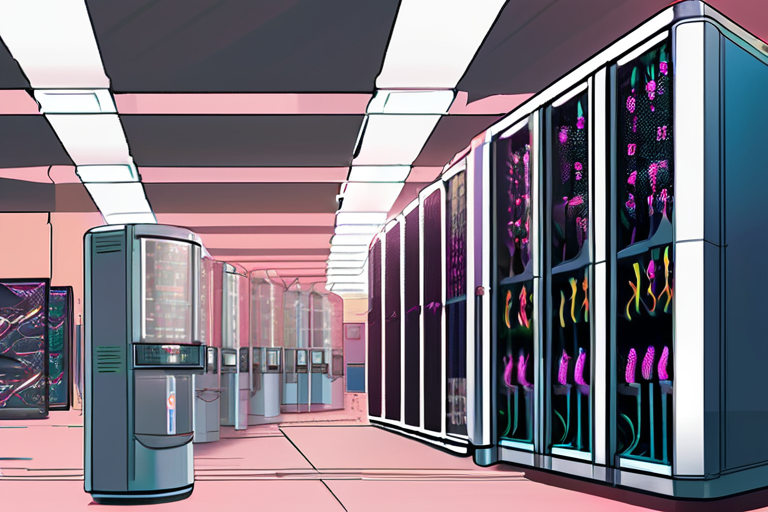


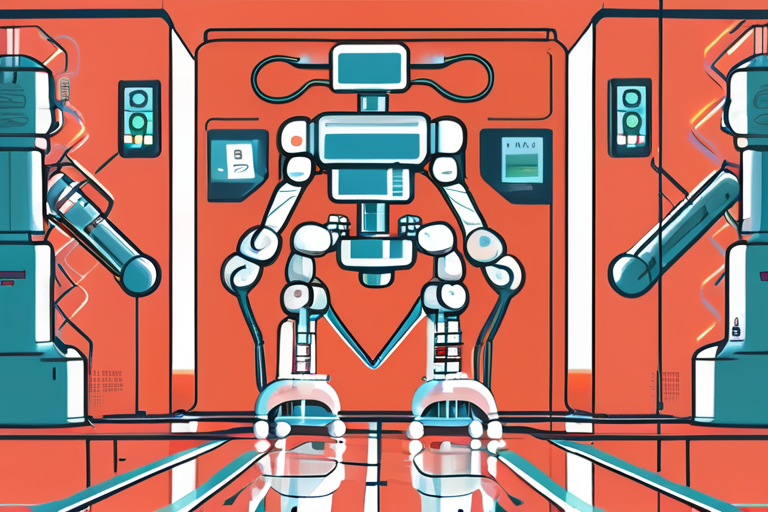
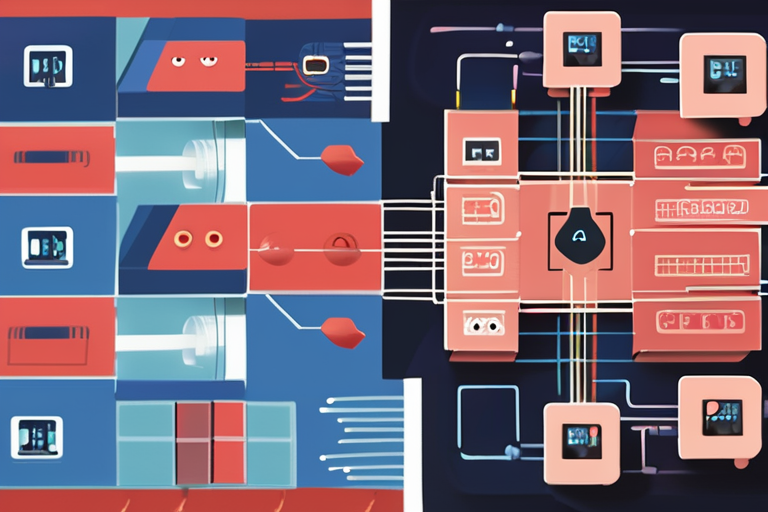

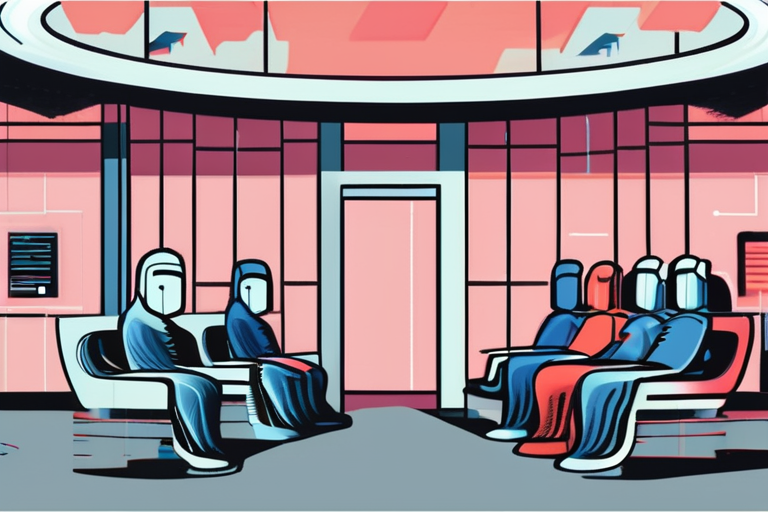
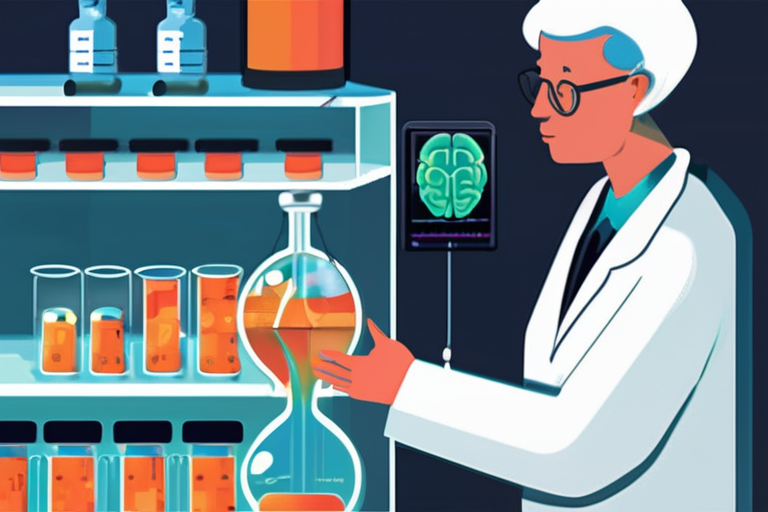
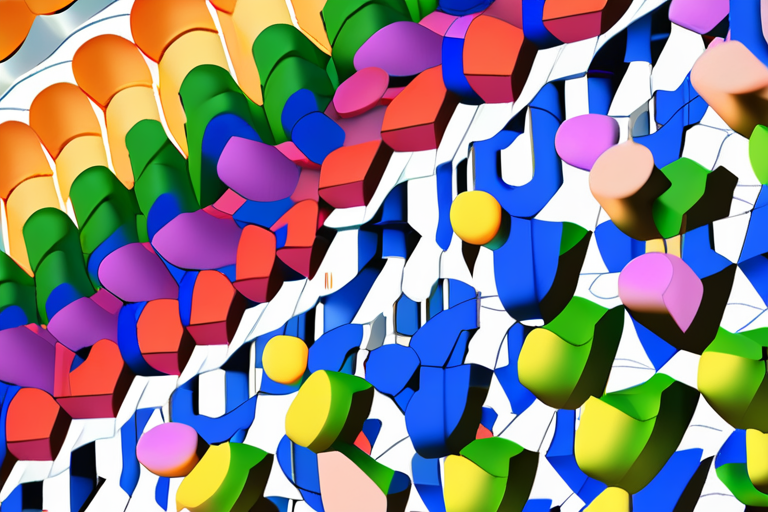
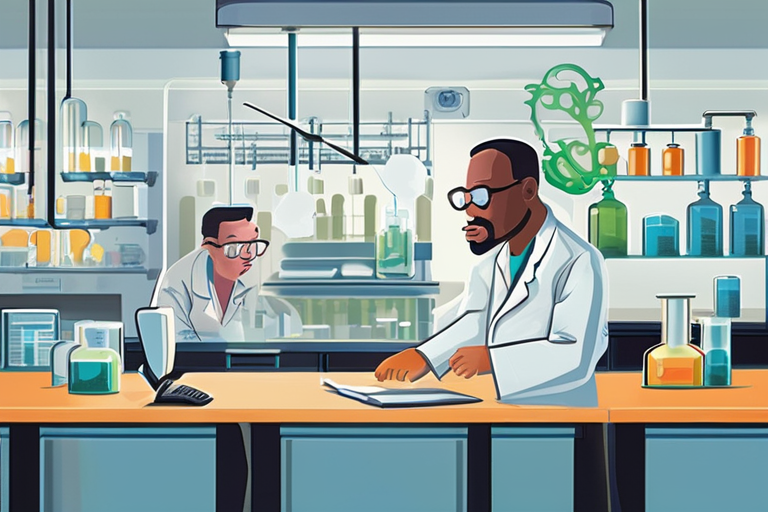
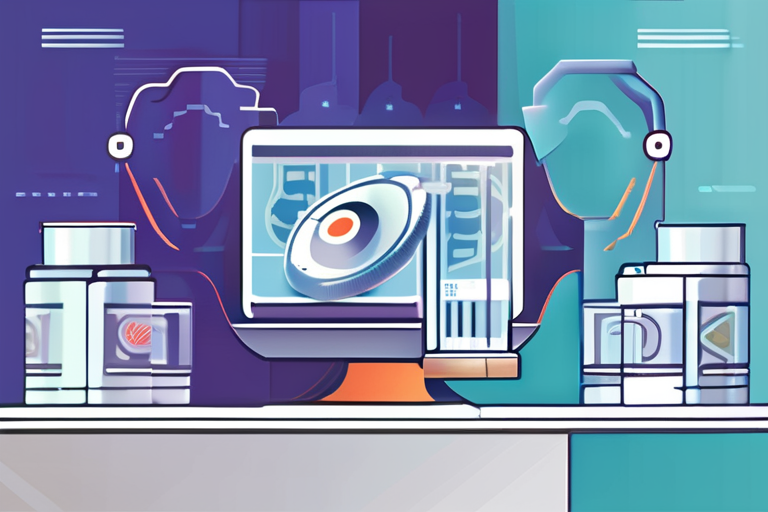
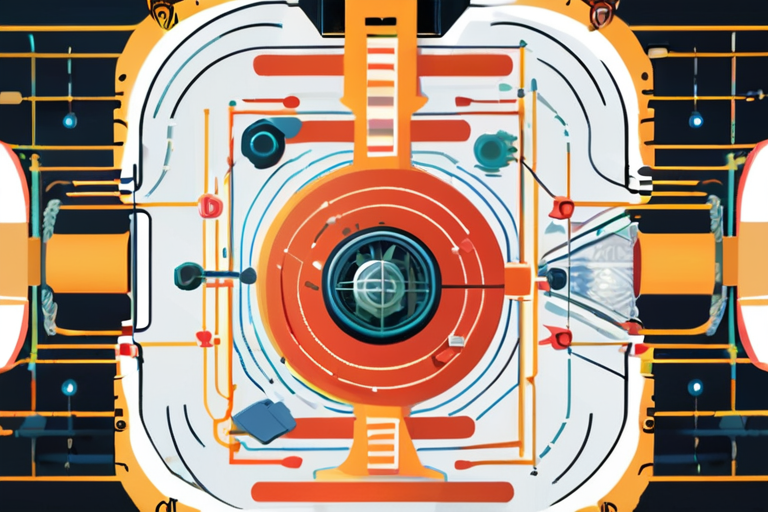
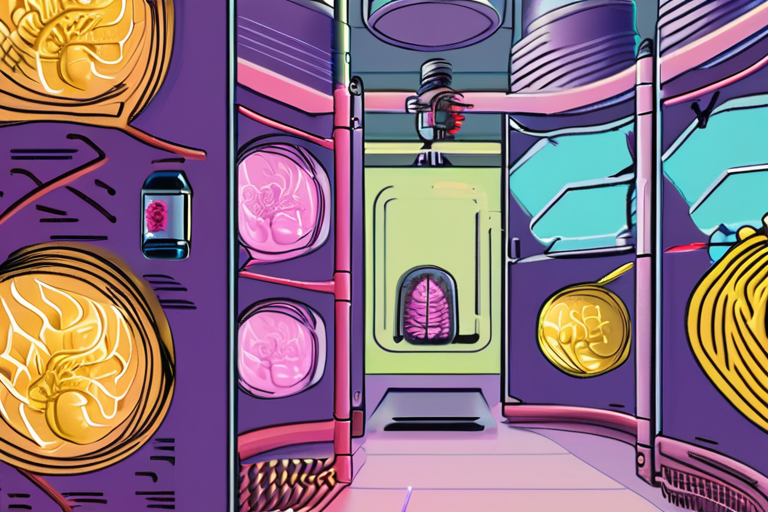



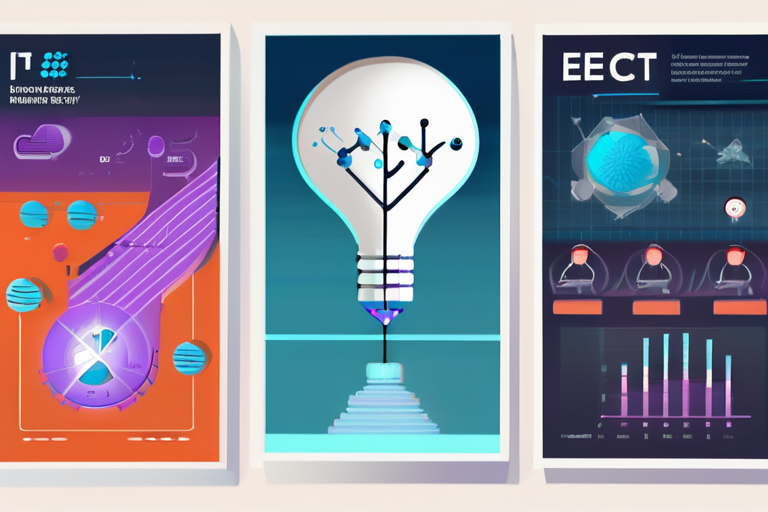

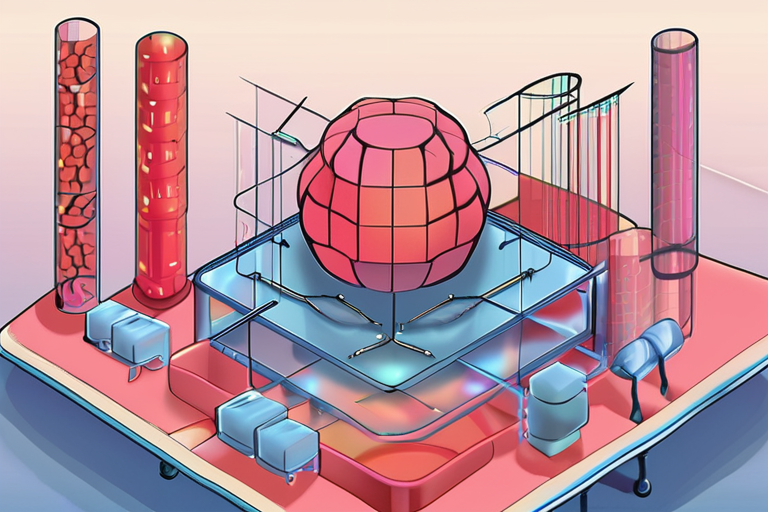
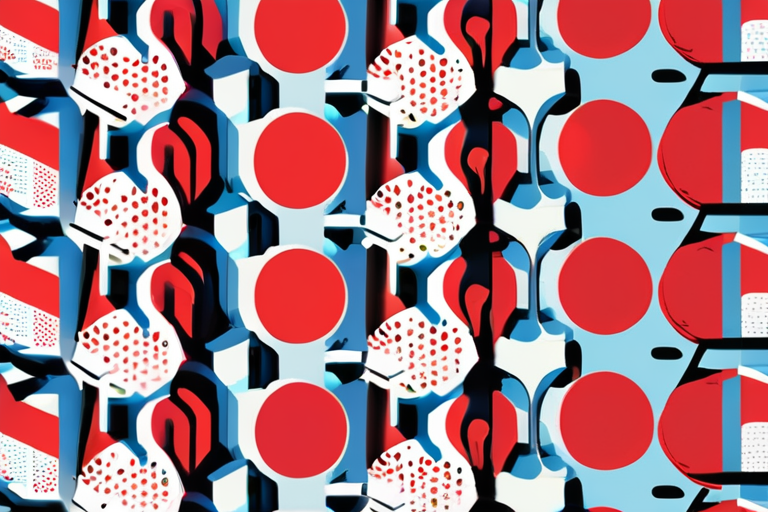
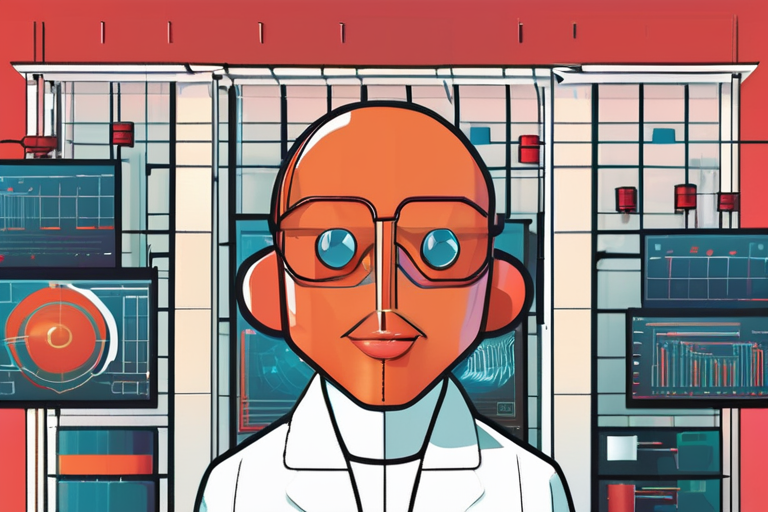
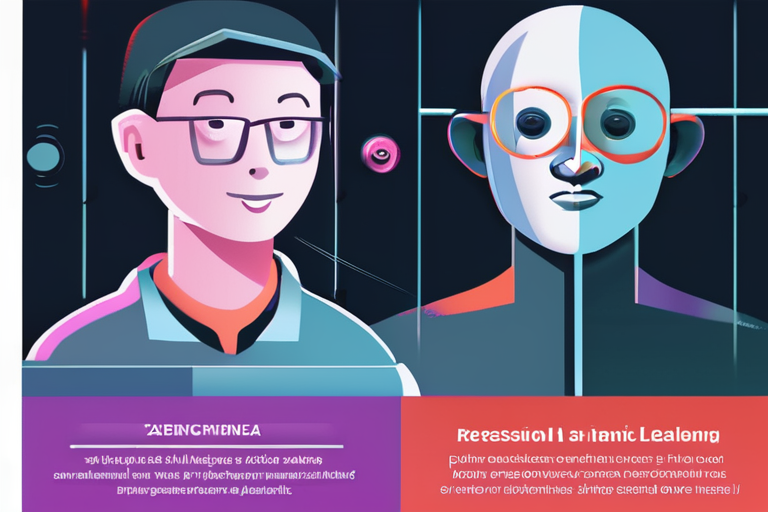
Share & Engage Share
Share this article